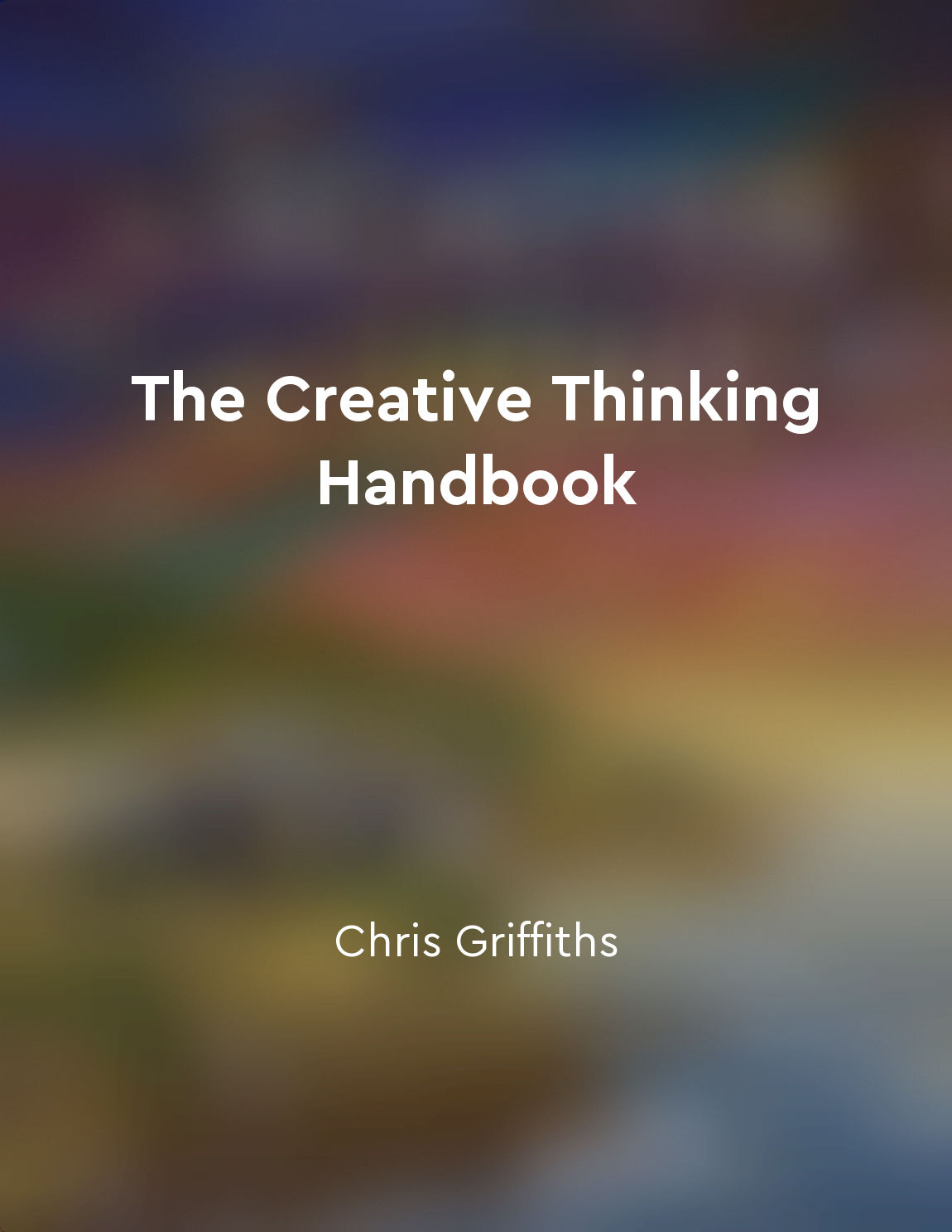Audio available in app
Emotional intelligence involves recognizing and managing emotions in a healthy way from "summary" of Emotional Intelligence by Judy Dyer
Emotional intelligence is all about being able to recognize and manage our emotions in a healthy and productive manner. It involves understanding our feelings and those of others, and being able to navigate through them effectively. When we have a high level of emotional intelligence, we are better equipped to handle the ups and downs of life with grace and resilience. One key aspect of emotional intelligence is self-awareness. This means being in tune with our own emotions and understanding what triggers them. By being aware of our feelings, we can better regulate them and prevent ourselves from reacting impulsively in challenging situations. Self-awareness is the foundation of emotional intelligence, as it allows us to take control of our emotions rather than letting them control us. Another important component of emotional intelligence is empathy. This involves being able to understand and share the feelings of others. When we are empathetic, we can form deeper connections with people and build stronger relationships. Empathy also allows us to respond to others in a compassionate and supportive way, fostering a sense of understanding and trust. In addition to self-awareness and empathy, emotional intelligence also involves effective communication. Being able to express our emotions clearly and assertively, while also being able to listen to others with empathy and understanding, is crucial for healthy relationships. Good communication skills are essential for resolving conflicts, expressing our needs and desires, and building strong connections with others.- Emotional intelligence is a valuable skill that can help us navigate the complexities of human relationships and manage our emotions in a healthy way. By developing our self-awareness, empathy, and communication skills, we can cultivate a greater sense of emotional well-being and lead a more fulfilling life.
Similar Posts

Reflect on your creative process
When engaging in any creative endeavor, it is vital to take the time to reflect on the process you have gone through. Reflectin...
Clarity mitigates misunderstandings in communication
The importance of clarity in communication cannot be overstated. When individuals are clear in their messages, they are less li...

Avoid negative topics
When engaging in conversation with others, it is crucial to steer clear of negative topics. Bringing up subjects that are pessi...
Acceptance
Acceptance is about acknowledging reality. It doesn't mean you have to like or agree with everything that is happening, but it ...

Decode micro expressions for truth
When it comes to understanding someone's true feelings or intentions, there is a powerful tool at your disposal: micro expressi...
Interpret hidden signals
When we interact with others, we are constantly receiving signals that go beyond words. These signals can be subtle, almost imp...
Using storytelling can help make your message more memorable
When it comes to influencing others effectively, one powerful tool to keep in mind is the use of storytelling. By incorporating...
Learn the fundamentals of business
To succeed in business, it is crucial to have a strong grasp of the fundamentals. These foundational principles serve as the bu...
Seek help and support when needed
When you're faced with a challenging situation, it's essential to recognize when you could benefit from seeking help and suppor...

Recognize that misunderstandings are often the result of differing perspectives
When two people have a disagreement, it's easy to assume that the other person is wrong and we are right. We tend to believe th...

